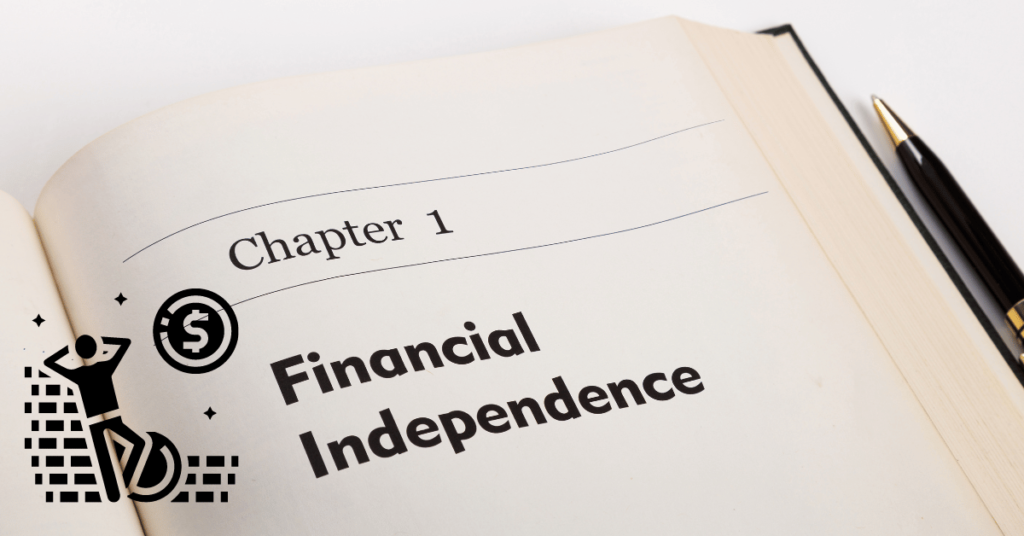Achieving financial independence can be a challenging yet rewarding journey, especially for freelancers who often face unique financial situations. Unlike traditional employees with consistent paychecks and employer-sponsored retirement plans, freelancers must navigate their financial future independently.
This article provides insights into strategies for saving for the long term, tips for managing irregular income, and essential steps toward achieving financial independence.
Understanding Financial Independence

What Is Financial Independence?
Financial independence means having sufficient personal wealth to live without needing to work actively for basic necessities. This typically involves accumulating enough savings or investments that generate passive income, allowing individuals to cover their living expenses.
Why Freelancers Should Aim for Financial Independence
For freelancers, achieving financial independence offers several advantages:
- Flexibility: The ability to choose projects and clients based on interest rather than necessity.
- Security: Reduced anxiety about financial instability and the ability to weather economic downturns.
- Freedom: More options to pursue personal interests, travel, or take breaks without worrying about finances.
Strategies for Saving for the Long-Term

1. Create a Budget
A budget is essential for freelancers to manage irregular income effectively. Tracking income and expenses helps you identify spending patterns and allocate funds for savings and investments.
- Estimate Income: Review past earnings to project future income realistically.
- Categorize Expenses: Separate fixed expenses (rent, utilities) from variable expenses (entertainment, travel) to better understand your financial picture.
2. Build an Emergency Fund
An emergency fund is crucial for freelancers who may face fluctuating income. Aim to save three to six months’ worth of living expenses to cover unexpected costs, such as medical emergencies or gaps between projects.
3. Contribute to Retirement Accounts
Freelancers have various options for retirement savings, such as Individual Retirement Accounts (IRAs) and Solo 401(k) plans. Regular contributions to these accounts can help you grow your retirement savings tax-deferred.
- Traditional IRA: Contributions may be tax-deductible, and funds grow tax-deferred until withdrawal.
- Roth IRA: Contributions are made with after-tax dollars, but withdrawals in retirement are tax-free.
- Solo 401(k): This option allows you to contribute both as an employee and employer, maximizing your retirement savings potential.
4. Diversify Income Sources
Freelancers can reduce financial risk by diversifying their income streams. This can include:
- Multiple Clients: Working with various clients to avoid reliance on a single income source.
- Passive Income: Exploring passive income opportunities, such as creating online courses, writing eBooks, or affiliate marketing.
5. Invest Wisely
Investing is key to building wealth over time. Consider speaking with a financial advisor to develop an investment strategy that aligns with your risk tolerance and financial goals.
- Stock Market: Investing in stocks can provide long-term growth potential.
- Real Estate: Rental properties can generate passive income and appreciate over time.
- Mutual Funds/ETFs: These options offer diversification and are managed by professionals.
Managing Irregular Income
1. Use the “Pay Yourself First” Principle
When you receive income, prioritize your savings by automatically transferring a portion to your savings or investment accounts. This helps ensure you save consistently, regardless of income fluctuations.
2. Create a Variable Income Plan
Recognize that your income may vary from month to month. Plan for lean months by:
- Setting Aside Extra Earnings: When income is high, save a portion for future lean months.
- Adjusting Expenses: Be prepared to cut back on discretionary spending during low-income periods.
Conclusion
Achieving financial independence as a freelancer requires discipline, strategic planning, and adaptability. By budgeting effectively, building an emergency fund, contributing to retirement accounts, diversifying income sources, and investing wisely, freelancers can secure their financial futures. The journey to financial independence may take time, but with commitment and smart financial habits, freelancers can enjoy the freedom and flexibility that come with it.
If you have any further questions feel free to comment down below or contact retiresmart for any help!
FAQs
What is financial independence for freelancers?
Financial independence for freelancers means having enough savings and investments to cover living expenses without relying on active work.
How can freelancers save for retirement?
Freelancers can save for retirement through IRAs, Roth IRAs, and Solo 401(k) plans, allowing them to build their retirement savings independently.
What is an emergency fund?
An emergency fund is a savings account that provides a financial cushion for unexpected expenses, typically covering three to six months of living costs.
How should freelancers budget with irregular income?
Freelancers should create a budget by estimating income based on past earnings, categorizing expenses, and using the “pay yourself first” principle to prioritize savings.
What are some ways freelancers can diversify their income?
Freelancers can diversify income by working with multiple clients, exploring passive income opportunities, and considering different project types or side gigs.




